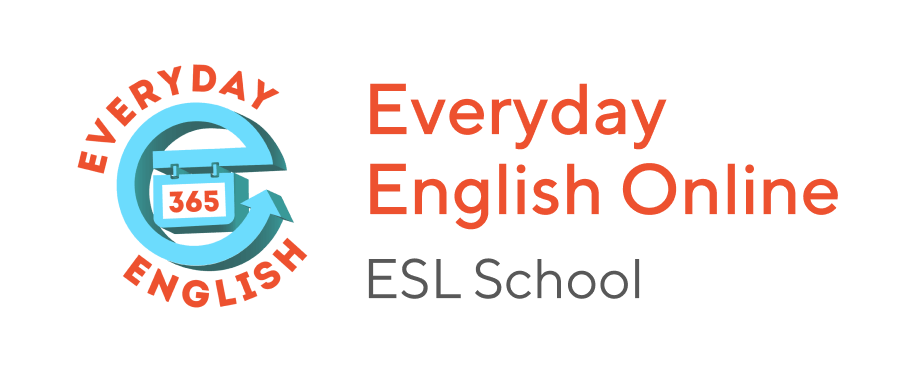Book a Call
Take our FREE English quiz to find out your English level
Take our FREE English quiz to find out your English level
Take our FREE English quiz to find out your English level
Native speaker VS non-native speaker: what's the difference?
Native Speaker
There is still no clear definition of a native speaker. Generally a native speaker is someone who learned a language in early childhood in a natural environment. At Everyday English Online, English is the teacher’s first and dominant language used on a daily basis. Of course, it is extremely difficult for a non-native speaker to use the language the same exact way as a native speaker. Truthfully, this should not be the goal of the student either.What are the benefits of studying with native speakers?
● You will be able to understand the nuances of correct pronunciation and different accents, depending on the teacher's home country● You will learn how to use idioms and slang words in the right context
● You will use vocabulary that is often only used by native speakers
● You will get first-hand knowledge about the history, culture and lifestyle of people from English-speaking countries
Non-Native Speaker
Non-native speakers at Everyday English Online come from Holland, Greece, Argentina and other countries from around the world — they have a high proficiency level in English as a second language. A non-native speaker who works with students does not speak any other language other than English during lessons.How will lessons with non-native speakers help you?
● Non-native speakers learned English the same way as you are learning it now. They understand from experience that you may feel anxious or scared about speaking and will help you overcome those fears.● They can explain grammar rules in a clear, simple way due to personal experience in learning the language.
● Their pronunciation is more understandable compared to a native speaker, especially for students who are just starting to learn the language.
It's up to you to choose lessons with either a native speaker or a non-native speaker — it all depends on your personal goals. Try learning with both kinds of teachers! We recommend switching teachers every year or two to get a better understanding of different accents and ways of speaking. This will help you understand English in more situations and prepare you for real life!













